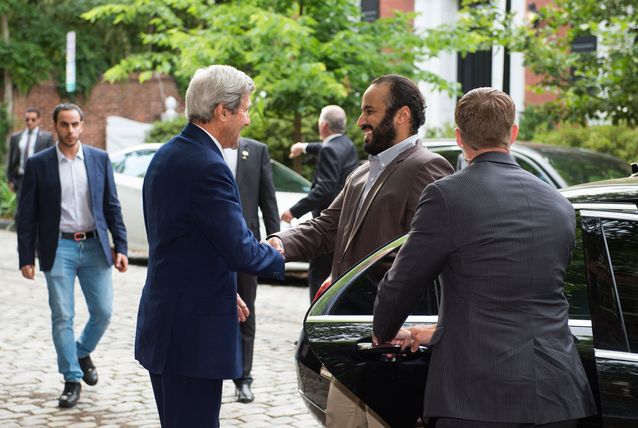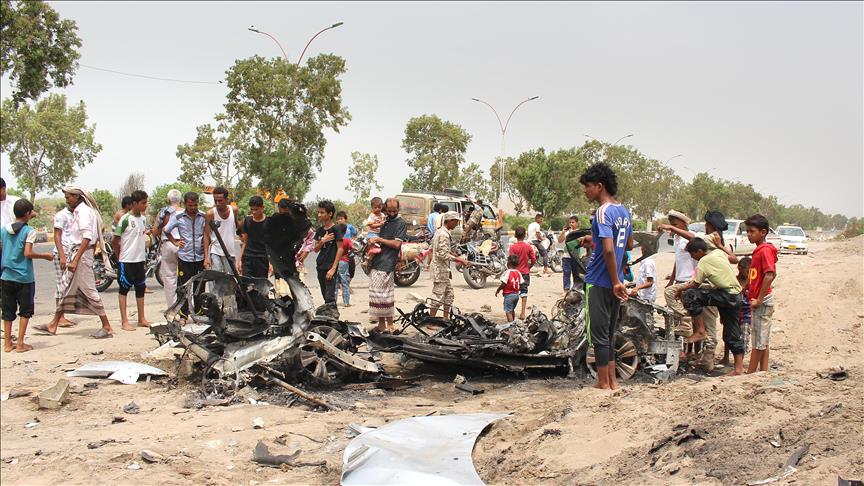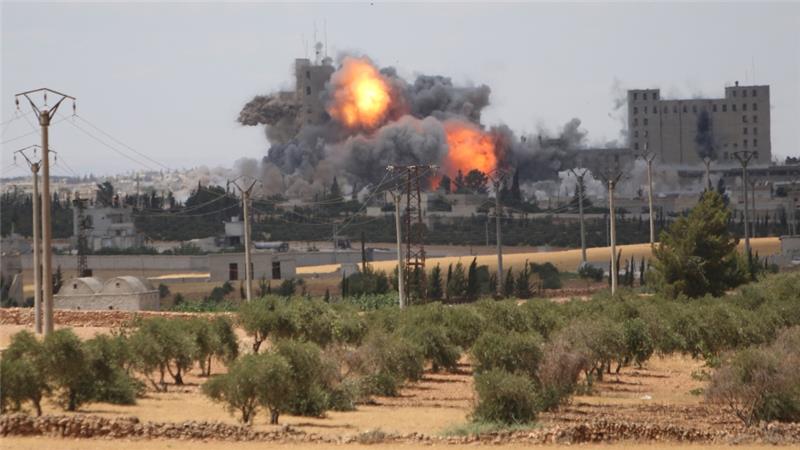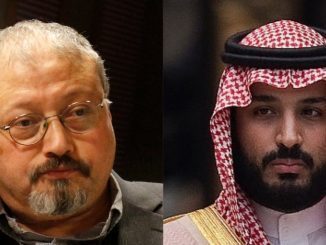
Saudi Arabia’s Deputy Crown Prince, Mohammed bin Salman, is in the U.S. this week on a charm offensive to promote his country’s new plans for economic engagement and its foreign policy, a visit that comes during a year marked by fraying U.S.-Saudi tensions.
A key focus for the visit will be the kingdom’s public image, which has suffered this year as a Saudi-led military campaign in Yemen has dragged on and as Obama administration officials have been more vocal in their critiques of the longtime U.S. ally.
Prince Mohammed met with Secretary of State John Kerry on Monday and has plans to meet with Defense Secretary Ash Carter and other senior administration officials before he heads to Silicon Valley and New York, primarily for business engagements.
The White House has yet to say whether Prince Mohammed will meet with President Barack Obama while he’s in Washington, though Saudi officials expect it will happen Friday.
In meetings on Capitol Hill Wednesday, Prince Mohammed focused on the Middle East, including Yemen, Iran, Syria and Iraq, according to lawmakers and aides. Sen. Tom Cotton (R., Ark.), who along with the Senate Armed Services Committee met with Prince Mohammed, said the meeting was “a productive and open exchange.”
“Our main focus was our mutual security interests, including counterterrorism efforts against al-Qaeda and the Islamic State and the threat posed by Iran’s aggression in Syria, Iraq, Yemen, and the broader Middle East,” Mr. Cotton said.
Meeting with UN chief
Prince Mohammed’s visit to New York is likely to include meetings at the United Nations, where Secretary-General Ban Ki-moon acknowledged publicly that the Saudis had pressured officials there into editing a U.N.-prepared list of militaries that kill and injure children to omit the Saudi-led coalition in Yemen.
A renewed debate in the U.S. about whether Riyadh played any role in the attacks of Sept. 11, 2001, has also put a strain on relations. Saudi officials are expected to address the expected declassification of portions of a congressional report, in which 28 pages reportedly address Saudi Arabia’s posture regarding the hijackers in the terrorist attacks.
A bill passed by the House and the Senate would allow victims of the 2001 attacks to sue Saudi Arabia over its possible role.
The White House has threatened to veto the legislation, and Saudi Arabia strenuously denies any role in the 2001 attacks.
“Saudi Arabia is perceived as a partner whose values the broader American public doesn’t share,” said Andrew Bowen, a researcher with the Washington-based National Council on U.S.-Arab Relations. “It’s going to take more than just this visit to overcome the sour populist mood in the U.S.”
Saudi economic plans
Prince Mohammed and other Saudi officials visiting the U.S. this week and next are eager to convince people on Wall Street, in Silicon Valley and in Congress that its new economic plan is worth supporting.
Riyadh revealed plans in April to free Saudi Arabia from its dependence on oil revenues, in part by selling a stake in its state-owned oil company and creating the world’s largest sovereign-wealth fund. The project, Prince Mohammed’s brainchild, is called “Saudi Vision 2030.”
“No one is going to say at this stage if this is going to work because they all want a slice of the action—if they don’t say nice things, they won’t be included,” said Simon Henderson, an expert on Saudi Arabia at the Washington Institute for Near East Policy.
Prince Mohammed has become one of the most powerful figures in Saudi Arabia, and oversees the important defense and economic portfolios.
“It looks like he’s going to be king of Saudi Arabia and the U.S. will have to live with that,” said Mr. Henderson.
By FELICIA SCHWARTZ and MARGHERITA STANCATI, in The Wall Street Journal



